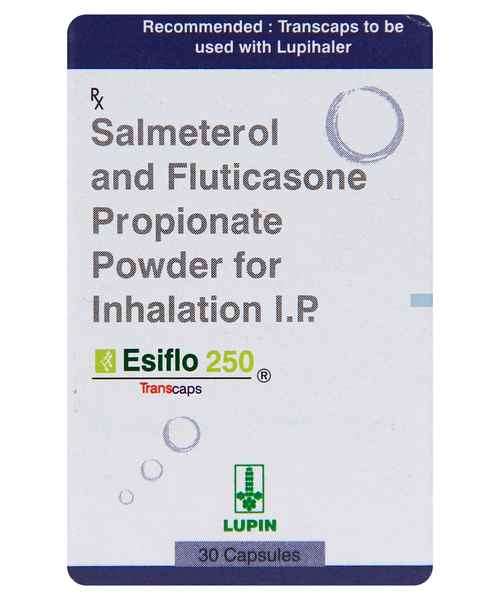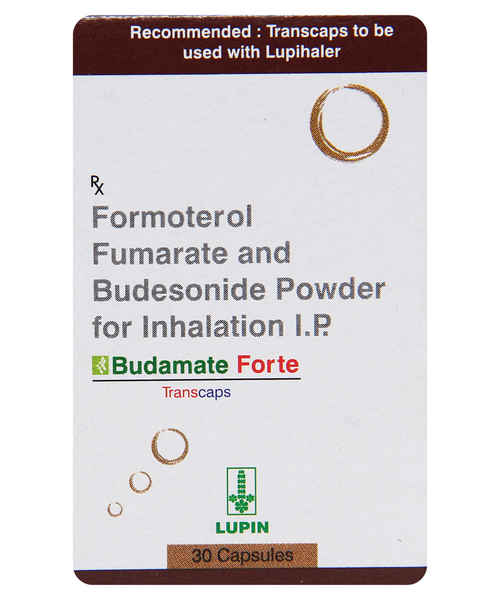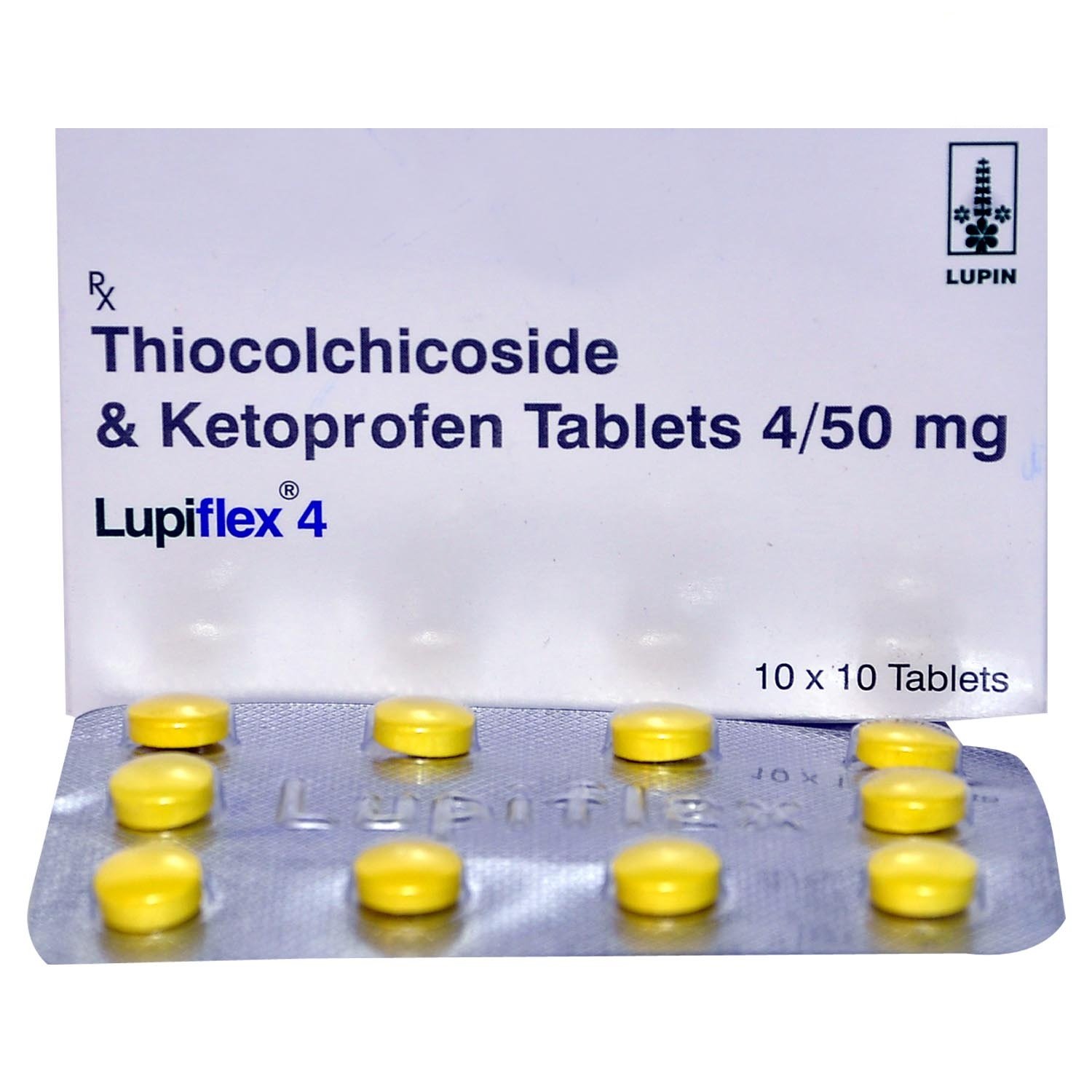M-Cin Tablet 5s
Introduction to M-Cin Tablet 5s
M-Cin Tablet 5s is a medication that contains the active ingredient Moxifloxacin, which is an antibiotic used to treat a variety of bacterial infections. It is particularly effective for infections in the lungs, skin, and abdomen.
Composition of M-Cin Tablet 5s
Each M-Cin Tablet contains 400mg of Moxifloxacin as the active ingredient. This antibiotic works by fighting against certain types of bacteria in the body, helping to eliminate the infection.
Uses of M-Cin Tablet 5s
- Treatment of lung infections such as pneumonia and bronchitis
- Effective against skin infections
- Used for serious abdominal infections
- Can be used as a last resort for sinus infections
- Helps in treating the plague
Side effects of M-Cin Tablet 5s
Common side effects:
- Nausea
- Diarrhea
- Headache
- Dizziness
Serious side effects:
- Tendon problems
- Nerve damage
- Heart rhythm issues
- Allergic reactions
- Severe bowel issues
Precautions of M-Cin Tablet 5s
M-Cin Tablet 5s can cause serious side effects like tendon problems and heart rhythm issues. It should not be taken with certain heart medicines, antacids, or supplements containing iron or zinc. It is not recommended for use during breastfeeding and should be used with caution in older adults due to increased risk of tendon and heart problems.
How to Take M-Cin Tablet 5s
- Take the tablet orally, usually once a day.
- Follow the dosage as prescribed by your healthcare provider.
- Do not take with antacids or supplements containing iron or zinc.
- Complete the full course of treatment even if you feel better.
Conclusion of M-Cin Tablet 5s
M-Cin Tablet 5s is a powerful antibiotic used to treat various bacterial infections. While it is highly effective, it is important to be aware of its potential side effects and precautions. Always follow your healthcare provider's instructions when taking this medication.

Similar Medicines
More medicines by Lupin Ltd
Related Faqs

Can I stop taking Moxilark when I feel better?
It is essential to continue taking Moxilark as prescribed and complete the entire duration of treatment even if you start feeling better Although your symptoms may improve early on it is crucial to remember that this does not guarantee the complete eradication of the infection By stopping the medication prematurely you run the risk of the infection returning or becoming resistant to future treatments Moxilark is designed to target and eliminate the infectioncausing bacteria in your body gradually Failing to complete the full course of medication can leave behind traces of bacteria that may have the potential to proliferate and cause a relapse of your symptoms Moreover incomplete treatment can contribute to the development of antibiotic resistance making it difficult to treat the infection effectively in the future Ensuring that you complete the prescribed course of Moxilark is a crucial step towards achieving a full recovery and preventing any potential complications If you have any concerns or questions about your treatment it is always advisable to consult with your healthcare provider who can provide you with personalized guidance based on your specific condition Remember your health is of utmost importance and following the recommended treatment plan is vital for your wellbeing
Disclaimer : This information is not a substitute for medical advice. Consult your healthcare provider before making any changes to your treatment . Do not ignore or delay professional medical advice based on anything you have seen or read on Medwiki.
M-Cin Tablet 5s
Prescription Required
Packaging :
strip of 5 tablets
Manufacturer :
Lupin LtdComposition :
Moxifloxacin (400mg)














.svg)
